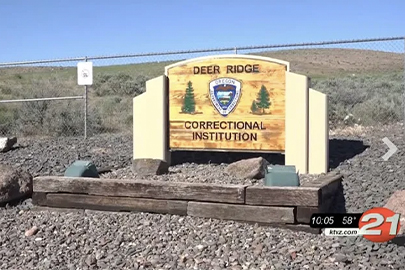When Congress barred prisoners from receiving Pell Grants, in 1994, the college enrollment of prisoners fell dramatically.
The numbers are starting to rise again, primarily from community colleges. Four-year private colleges are the sector least likely to offer prison education programs, which is why a recently approved pilot program at Wesleyan University – offering for-credit courses to some Connecticut inmates — is all the more notable.
Last month, the Wesleyan Center for Prison Education gained full support from the faculty – its last step toward approval, after securing support from the university president and his cabinet. Students had been pushing for the program for several years.
“This has truly been a student initiative,” Cathy Lechowicz, director of community service and volunteerism and advisor to the program, said. “I would say that there is general support around campus – the underlying belief is that prisoners should have access to education.”
Fifteen prisoners at the Cheshire Correctional Institute, for a start. That is how many inmates – of the roughly 1,300 at the Cheshire facility – will be selected through a “competitive application process” for the two-year pilot program, Lechowicz said. The inmate-students will take two courses each semester for a total of four semesters, earning up to eight credits (Wesleyan awards one credit per course). While the inmates are not degree-seeking candidates – as the length of the pilot is not long enough to complete a degree – they will finish courses with full Wesleyan credit, complete with a transcript available should they choose to transfer to another college upon release.



